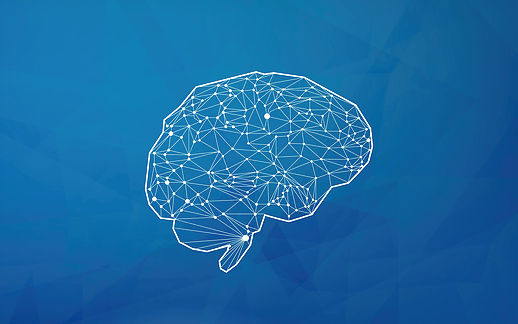
Breaking News
 The #1 Most Dangerous Fat in the World!
The #1 Most Dangerous Fat in the World!
 Is $140K the New Poverty Line? Is This the End of America's Middle Class?
Is $140K the New Poverty Line? Is This the End of America's Middle Class?
 Here Are the NEWLY RELEASED Epstein Images Tied to Powerful Democrats
Here Are the NEWLY RELEASED Epstein Images Tied to Powerful Democrats
 Joe Biden Still Struggling to Raise Money for Presidential Library – No New Donations...
Joe Biden Still Struggling to Raise Money for Presidential Library – No New Donations...
Top Tech News
 This tiny dev board is packed with features for ambitious makers
This tiny dev board is packed with features for ambitious makers
 Scientists Discover Gel to Regrow Tooth Enamel
Scientists Discover Gel to Regrow Tooth Enamel
 Vitamin C and Dandelion Root Killing Cancer Cells -- as Former CDC Director Calls for COVID-19...
Vitamin C and Dandelion Root Killing Cancer Cells -- as Former CDC Director Calls for COVID-19...
 Galactic Brain: US firm plans space-based data centers, power grid to challenge China
Galactic Brain: US firm plans space-based data centers, power grid to challenge China
 A microbial cleanup for glyphosate just earned a patent. Here's why that matters
A microbial cleanup for glyphosate just earned a patent. Here's why that matters
 Japan Breaks Internet Speed Record with 5 Million Times Faster Data Transfer
Japan Breaks Internet Speed Record with 5 Million Times Faster Data Transfer
 Advanced Propulsion Resources Part 1 of 2
Advanced Propulsion Resources Part 1 of 2
 PulsarFusion a forward-thinking UK aerospace company, is pushing the boundaries of space travel...
PulsarFusion a forward-thinking UK aerospace company, is pushing the boundaries of space travel...
 Dinky little laser box throws big-screen entertainment from inches away
Dinky little laser box throws big-screen entertainment from inches away
 'World's first' sodium-ion flashlight shines bright even at -40 ºF
'World's first' sodium-ion flashlight shines bright even at -40 ºF
Artificial Intelligence and Ethics on the Road to Superintelligence

The human brain, consisting of roughly 86 billion neurons, rivals the world's best supercomputers in terms of magnitude, efficiency, and speed, using as little energy as a small 20-watt light bulb. Human evolution took tens of thousands of years to adapt noticeable brain size and architecture changes.
Evolution is a slow process that can take eons for changes to occur. Technology, on the other hand, is amazing in terms of how fast it is moving along, blending into the world seamlessly. The technological evolution notably occurs at a faster pace compared to biological evolution.
To further understand the situation, imagine a frog in a pot of water that heats up 1/10th of a degree Celsius every ten seconds. Even if the frog remained in that water for, say an hour, it would be unable to feel the minute changes in temperature. However, if the frog is dropped into boiling water, the change is too sudden and the frog jumps away to avoid fate.
The Future of Artificial Intelligence and Ethics on the Road to Superintelligence
July 1, 2016
The human brain, consisting of roughly 86 billion neurons, rivals the world's best supercomputers in terms of magnitude, efficiency, and speed, using as little energy as a small 20-watt light bulb. Human evolution took tens of thousands of years to adapt noticeable brain size and architecture changes.
Evolution is a slow process that can take eons for changes to occur. Technology, on the other hand, is amazing in terms of how fast it is moving along, blending into the world seamlessly. The technological evolution notably occurs at a faster pace compared to biological evolution.
To further understand the situation, imagine a frog in a pot of water that heats up 1/10th of a degree Celsius every ten seconds. Even if the frog remained in that water for, say an hour, it would be unable to feel the minute changes in temperature. However, if the frog is dropped into boiling water, the change is too sudden and the frog jumps away to avoid fate.
Let's take a gigantic chessboard and a grain of rice, for scale, and place each grain of rice to a corresponding chess square following a sequence: for each passing square, we double the amount. Upon applying this, we get:
1) 1
2) 2
3) 4
4) 8
And so on. You must be thinking, "What difference does doubling a grain of rice for every box make?" But one must remember that, at some point, the number from which the count started will be totally indistinguishable to the end result. Still on the 41th square,



